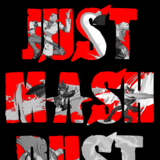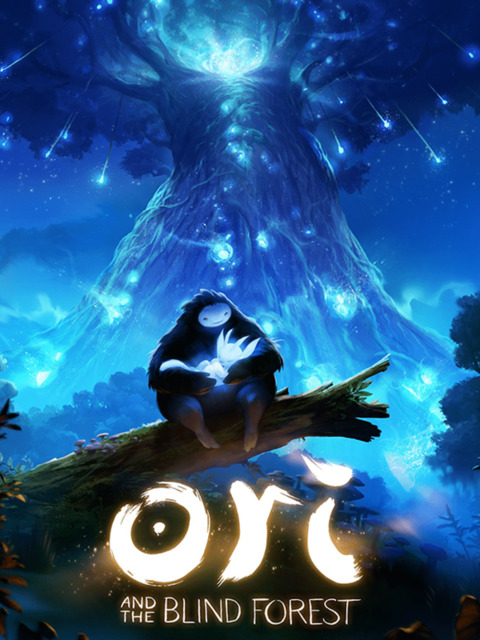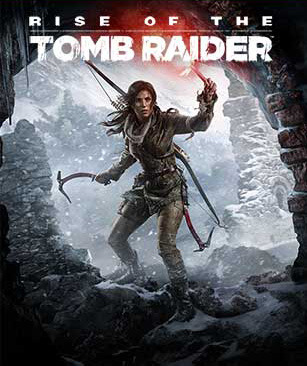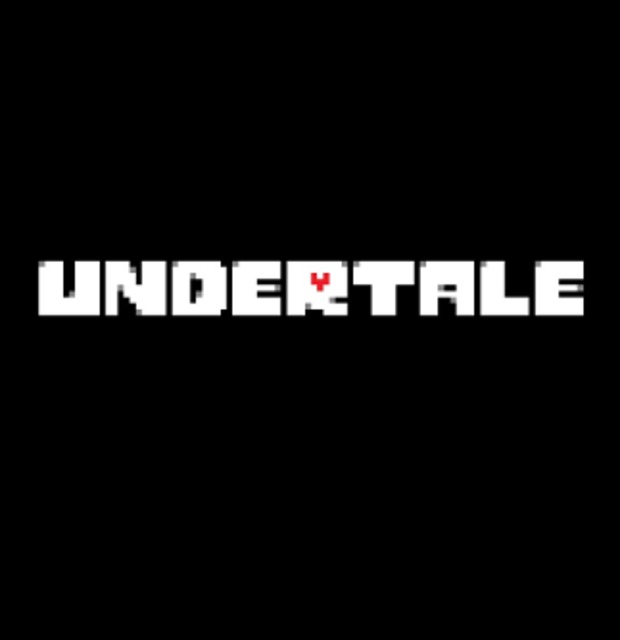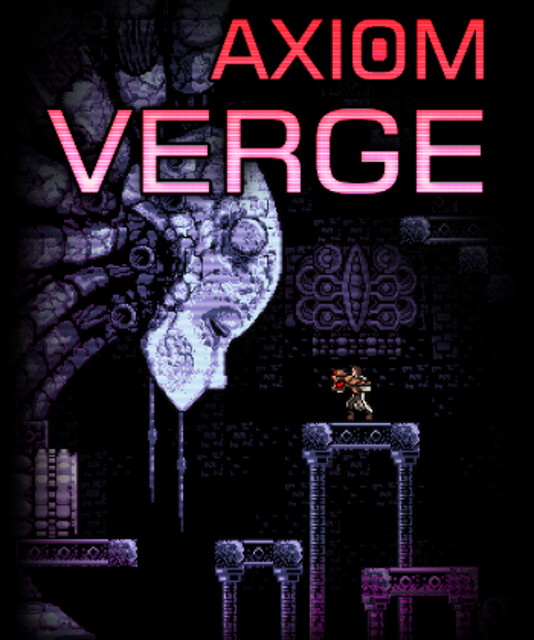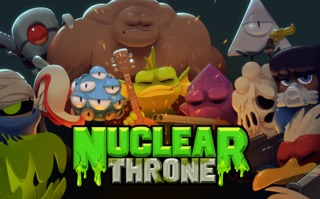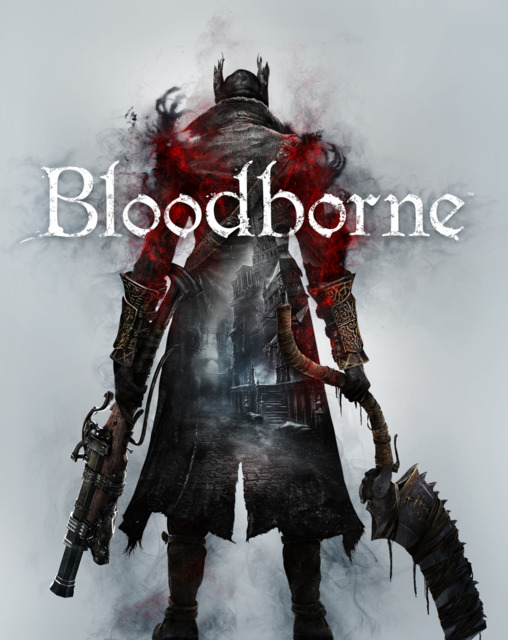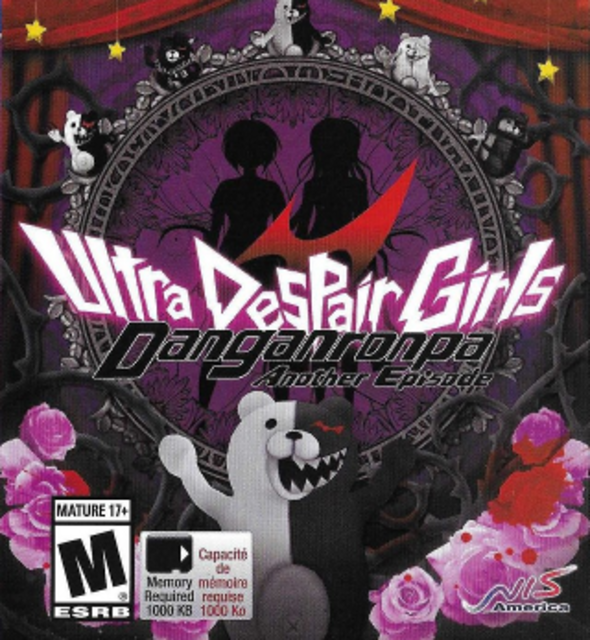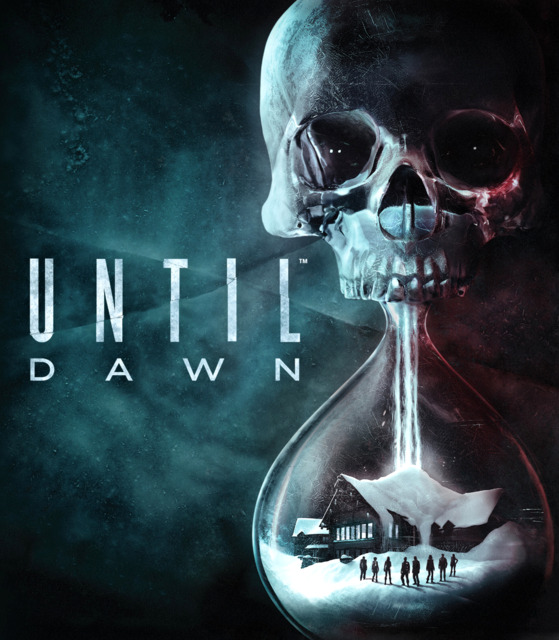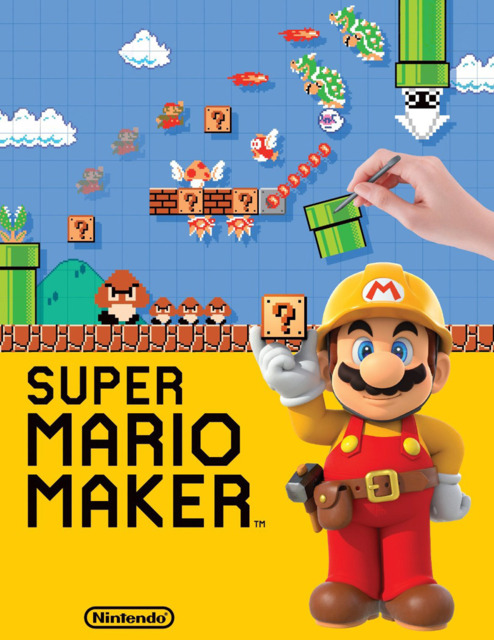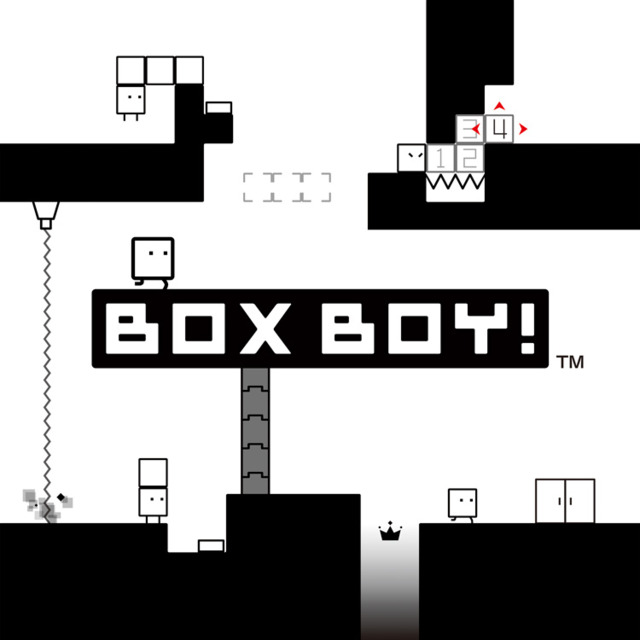Talk about a surprise, huh? Much like most other people, Undertale came out of nowhere for me. The buzz started building right away when it released, and I took a look into it, only to bounce off of the first hour or so without getting grabbed. However, as the fervor built to higher and higher levels, I managed to resist rolling my eyes at what admittedly became a very annoying fandom and dive back into the game. Boy, I'm glad that I did.
Undertale is a difficult game to define. It's tempting to call it a love letter to classic RPGs, but some of its best moments come when it is subverting the tropes and traditions that have built the genre over the years. It's an RPG that gives the player combat options other than fighting. You ca talk to the monsters, flirt with them, get into flexing contests with them, clean bullshit off of their antlers, the list goes on. It's not the first RPG that has let players talk to enemies, that's been a staple in series like Shin Megami Tensei forever. No game has approached that concept quite like Undertale, however. It's at this point in this little description that I've decided that I don't want to spoil things for people who haven't played the game, but rest assured that the places this game goes with this concept are unprecedented and a large part of why I love it so much.
The visuals are relatively plain, a throwback to the games I grew up with, but the soundtrack deserves mention as some of the most outstanding chiptune-style music I've heard in years. It's an extensive soundtrack that's used very well in the game, and most of my favorite moments in the game are inextricable from the music that was playing at the time.
While the game does start relatively weakly, everything improves as the game goes on. The puzzles start off pretty uninspired, but they get cleverer and cleverer as you go. Thankfully, the part of the gameplay that I found compelling throughout was the combat, with an arcade-shooter-style dodging mechanic that made each different enemy encounter feel fresh and kept me from falling into a pattern.
The writing and characterization is the real star here, with a motley crew of major characters who are all well-defined and multi-dimensional, and the story that ties them all together made me connect with each one in turn. It's also a game that got genuine laughs out of me, which is still rare enough to be worthy of praise.
I can't say much more without going into spoilery specifics, but feel free to hit me up if you want to talk about moments, I'd be happy to.
